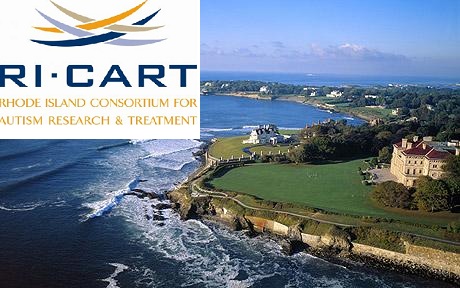Cranston, Rhode Island, has just established a voluntary registry to record information on autistic people between the ages of 6 and 21. The registry is managed by the Cranston Police Department and is intended to help autistic young people who interact with the police. Autism registries aren’t limited to Cranston. Several US states and Canadian provinces have databases that require or encourage professionals to enter information about autistic patients. Some registries, like Montana’s and New Jersey’s, are mandatory.
Autism registries present a real threat to autistic people’s civil rights, privacy and autonomy. In 2015, I conducted research with the Human Services Research Institute and the University of Massachusetts Medical School. Our goal was to gauge attitudes towards the creation of a statewide autism database in Massachusetts The state government was considering creating a database similar to databases in other states. We recruited a “citizen’s jury.”A citizen’s jury is a type of participatory action research that asks community members to evaluate a proposed policy. Community members listen to experts and develop recommendations as a group.
Our participants were insistent about ensuring autonomy, protecting the privacy of people’s information, and preventing the wrong people from accessing data. According to our survey, only 27% wanted to share information from an autism database with the police. Most participants were wary of exposing autistic people to stigma and violence, especially from the police.
The purposes of autism registries are to track diagnosis rates to ensure that services for autistic people are distributed correctly, or to help police respond to incidents involving autistic people. However, if the data fall into the wrong hands, registries can be used to further stigma against autistic people. They can be used to profile autistic people as dangerous. They can also mark us as unfit for employment, parenthood, or full participation in our communities. This stigma is particularly concerning when police forces with a history of hostility towards autistic and other disabled people have access to data. police have historically had a violent relationship with disabled people, especially black and brown disabled people.
For example, a young autistic Latino man named Arnaldo Rios-Soto and his black therapist, Charles Kinsey, encountered police violence during an incident in 2016. Police officers detained both men after a phone call describing them as “suspicious,” shot Kinsey in the leg, slammed Rios-Soto into the ground, and left Kinsey bleeding for twenty minutes before he received medical attention. Rios-Soto was merely playing outside with a toy truck while Kinsey supervised him. In another incident, a black, autistic teenager in Virginia, Neli Latson, was reported to the police while he was waiting outside a public library. Police officers manhandled Latson after he tried to leave the scene, leading Latson to retaliate physically. He was sentenced to prison under the assumption that he intended to harm police officers. In reality, Latson was reacting to strangers touching him and acting as though he were a criminal for waiting outside the library. Black and brown disabled people experience both racial and disability profiling at the hands of law enforcement officers. If police officers can identify autistic people, they may use that information to inflict even more harm on people than they would have without it. Police officers have been under fire for their continued violence against black and brown people. Providing the police with even more information about vulnerable populations could put autistic people at even more risk.
In a political climate in which people are increasingly aware of police violence and its effects on vulnerable groups, it is morally unacceptable to give information to law enforcement agencies. Law enforcement agencies are not accountable. Police can be taught de-escalation without relying on registries that will place autistic people at risk.


Brings back unpleasant memories…